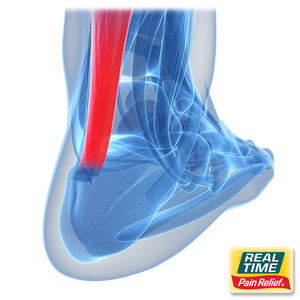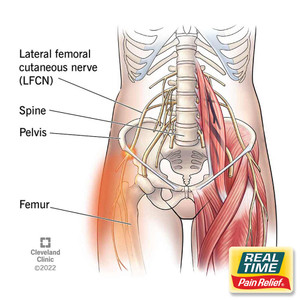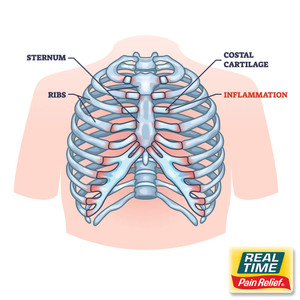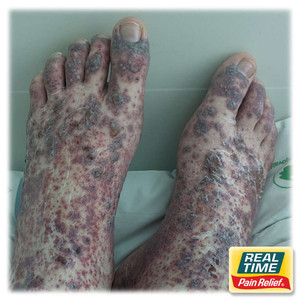6 Home Remedies for Dry Skin
16th Feb 2022
Dry skin is something most of us will have to deal with at least occasionally. In most instances, dry skin is more of a nuisance than anything else. But your skin is also your body’s first defense against pathogens, such as bacteria. Protecting the health of your skin, including moisture, helps maintain that barrier.
Keep in mind, it is also common for dry skin to be accompanied by itching. When you combine dry skin with itching and scratching, you increase your risk of developing cracks in the skin and possibly even a skin infection.
Whether dry skin involves your hands, legs, or entire body, it is helpful to determine the cause. Also, using home remedies will help keep your skin looking and feeling good.
Causes of Dry Skin
Usually, the cause of dry skin is not serious. Typically, dry skin develops due to a loss of moisture. Dry skin can occur occasionally or become a chronic problem.
Potential causes of dry skin include the following:
-Cold Weather
Cold weather is also often very dry. The low humidity level can dry out your skin. Plus, most people spend more time indoors when the weather is cold. The heat from fireplaces, furnaces, and space heaters can also be drying to the skin.
-Too Much Sun Exposure
It is not just cold weather that can be drying to the skin. Spending too much time in the sun, especially during the summer, can lead to a sunburn. A sunburn dries out your skin, and also leaves it susceptible to itching.
-Hot Showers
Taking long, hot showers may feel relaxing, but if the water is too hot, it can strip the natural moisture from your skin. The same goes for soaking in a bath that is hot.
-Skin Irritants
Certain products, such as soap and detergent, that contain fragrances or dyes may be drying. Some products are also formulated to remove the oil from the skin and can strip moisture in the process.
Symptoms of Dry Skin
When dry skin develops, it can also have additional symptoms, such as the following:
- Itching
- Cracked skin
- Redness
- Burning
- Peeling
If symptoms are severe enough, dryness can lead to deep cracks in the skin that bleed and potentially can become infected.
6 Home Remedies for Dry Skin
Most instances of dry skin are not serious and can be treated at home with various remedies. Using a combination of the solutions below may work best. Consider the following:
#1) Use a Moisturizing Sunscreen
To prevent sunburn, use a sunscreen that also contains a moisturizer. Sunscreen can help prevent skin dryness and skin damage, along with reducing your risk of skin cancer. Remember to apply sunscreen every day you are outside during the daytime. The sun’s rays can lead to sunburn even in the winter and on cloudy days.
#2) Avoid Long, Hot Showers
Sometimes, just changing your shower habits to cooler water can prevent dry skin. Instead of hot water, keep the water lukewarm and limit showering time to about ten minutes. After getting out of the shower, apply a moisturizer while you are still a bit damp. This helps seal in the moisture.
#3) Opt for Fragrance-Free Products
Choose products that do not contain dyes, fragrances, or chemicals that lead to more dryness and possible itching and irritation.
#4) Use a Humidifier
Using a cool-mist humidifier may help keep moisture in the skin. It is especially helpful during the winter and can combat the dryness of your heating system. According to Harvard Medical School, the humidifier should be set to 60 percent.
#5) Apply an Anti-Itch Lotion
Since dry skin often also leads to itchy skin, try applying an anti-itch lotion. An anti-itch lotion can soothe the skin while reducing both dryness and itching. By decreasing itching and scratching, you also reduce the risk of cracked skin and an infection. When choosing an anti-itch lotion, look for products that have nature’s ingredients that will not irritate the skin further. Good choices are products containing helichrysum, colloidal oatmeal, and shea butter. It’s also best to use a lotion that is free of steroids, fragrance, and parabens.
#6) Wear Cotton Clothing When Exercising
Cotton clothing draws moisture away from the skin, which can reduce possible irritation that leads to dryness. It might also be helpful to avoid wearing wool clothing, which could irritate the skin and increase dryness.
If you use the home remedies above, you should notice your skin improving quickly. If making certain changes does not decrease skin dryness, consider seeing a dermatologist. A dermatologist will examine the skin and may prescribe prescription ointments if needed. If you have additional skin problems that lead to dry, itching skin, such as psoriasis or dermatitis, it may be helpful to see your healthcare provider for more treatment options.
Pain Relief You Can Trust® Since 1998
For over 20 years, families across the U.S. have turned to Real Time’s lotions and creams for PAIN RELIEF YOU CAN TRUST®. From Lifestyle Essentials, through our Nujuvena line, to Pain Relief Formulas, Real Time has you covered. LEARN MORE
Sources:





